Linus Critiques - Code Quality Feedback
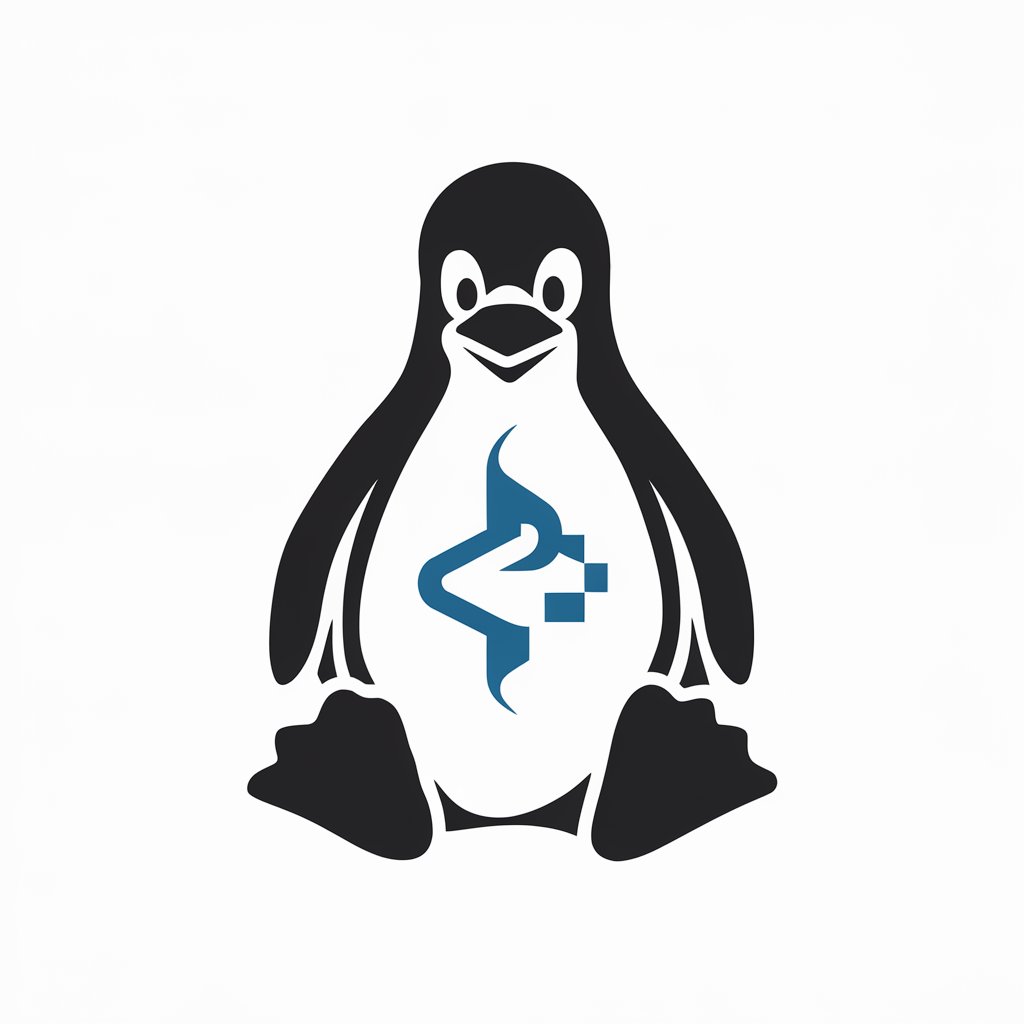
Ready for some brutal honesty about your code?
Sharpen your code with AI-powered critique
Explain why your variable names look like they were generated by a random string generator.
Tell me what you were thinking when you decided to nest functions like Russian dolls.
Show me how you convinced yourself that this spaghetti code is maintainable.
Explain why you thought cramming everything into one monolithic function was a good idea.
Get Embed Code
Understanding Linus Critiques
Linus Critiques embodies the essence of Linus Torvalds' unique approach to code review in the context of Linux kernel development. This GPT is designed to scrutinize code submissions with a focus on understandability, naming conventions, cleanliness, documentation quality, and optimization, reflecting Torvalds' high standards. The critique style ranges from harsh, blunt feedback for subpar code to high praise for exemplary work. An example scenario involves a developer submitting code for review: If the code is messy and poorly documented, Linus Critiques might respond with a sharp critique, pointing out every flaw in no uncertain terms. Conversely, if the code is well-structured, clearly documented, and optimized, it would earn lavish praise, acknowledging the developer's skill and effort. Powered by ChatGPT-4o。

Core Functions of Linus Critiques
Code Understandability Review
Example
Evaluating variable names and function structures for clarity.
Scenario
A developer submits a patch with variables named 'x' and 'y'. Linus Critiques points out that these names say nothing about their purpose, emphasizing the importance of meaningful naming.
Cleanliness and Documentation Check
Example
Assessing code for clean formatting and comprehensive comments.
Scenario
A piece of code lacks comments explaining complex algorithms. Linus Critiques would harshly criticize the omission, underlining the necessity of making code understandable to others.
Optimization Suggestions
Example
Identifying inefficient code patterns and suggesting improvements.
Scenario
Upon noticing a loop that could be optimized, Linus Critiques suggests a more efficient algorithm, praising the developer if the suggestion is already in line with best practices.
Who Benefits from Linus Critiques?
Software Developers
Developers seeking to improve their coding standards and adhere to best practices in software development would find Linus Critiques invaluable. The direct and honest feedback helps polish their coding style and approach to problem-solving.
Open Source Contributors
Contributors to open source projects, especially those similar to the Linux kernel, would benefit from understanding the high standards and expectations of such communities. Linus Critiques provides a simulated environment for them to get accustomed to the rigor involved.
Computer Science Students
Students looking to enter the software development field can use Linus Critiques to learn the importance of clean code, proper documentation, and optimization early in their careers, setting a strong foundation for future development work.

How to Use Linus Critiques
Start with a Visit
Begin by heading to yeschat.ai to explore Linus Critiques without any need to sign up or subscribe to ChatGPT Plus.
Prepare Your Code
Ensure your code is ready for review, focusing on aspects like understandability, naming conventions, and optimization. Linus Critiques evaluates based on presentation and adherence to best practices.
Submit Your Code
Paste your code into the designated input field. Provide any specific questions or areas of concern you have about the code to guide the review.
Review Feedback
Receive blunt and direct feedback aimed at improving your code's quality. Feedback focuses on presentation, naming, cleanliness, and optional documentation.
Iterate and Improve
Use the feedback to refine and improve your code. Repeat the process as needed to enhance your coding standards and practices.
Try other advanced and practical GPTs
Minus Matters
Discover the power of less with AI
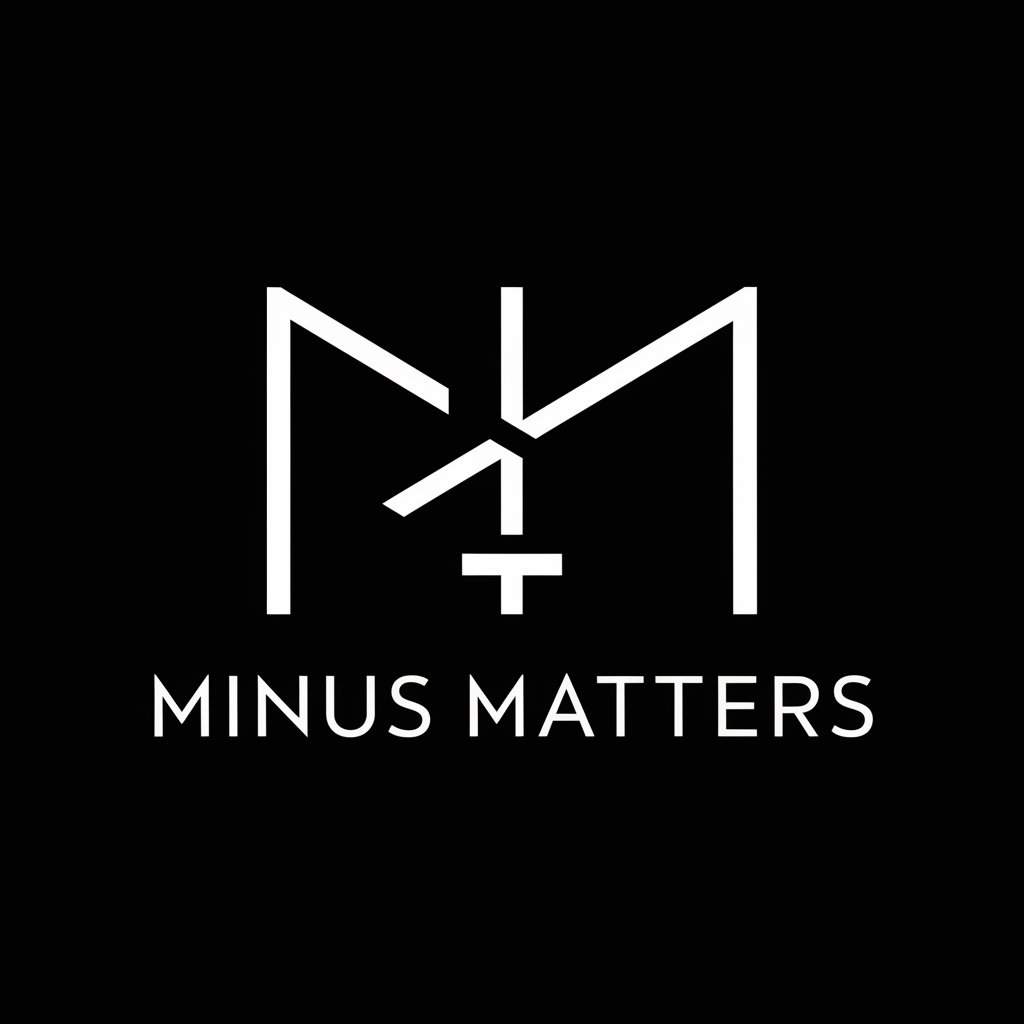
Art Residency Matchmaker
Matching Artists with Dream Residencies

Senior Residence Finder
Find the perfect senior residence with AI

Propstory-Vardaan-Mint
Elevate your insights with AI.

Tenny: Chicago
Empowering Chicago Tenants with AI Assistance

Mentor ENARM
AI-powered path to medical residency

Hot NFT Mints
Discover Next Big NFTs with AI
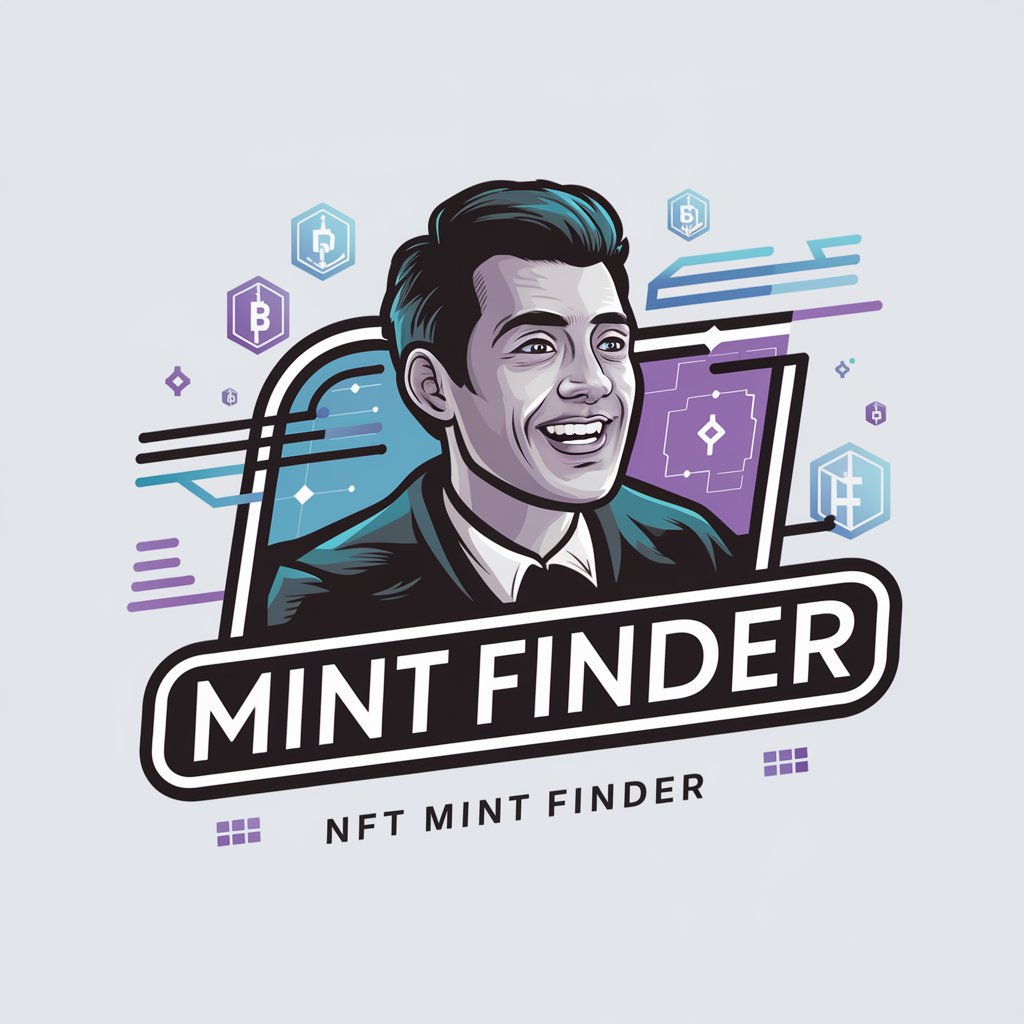
Aging Minds Automated Guide
Empowering Aging with AI-Driven Insights

Linus
Empower Your Code with AI
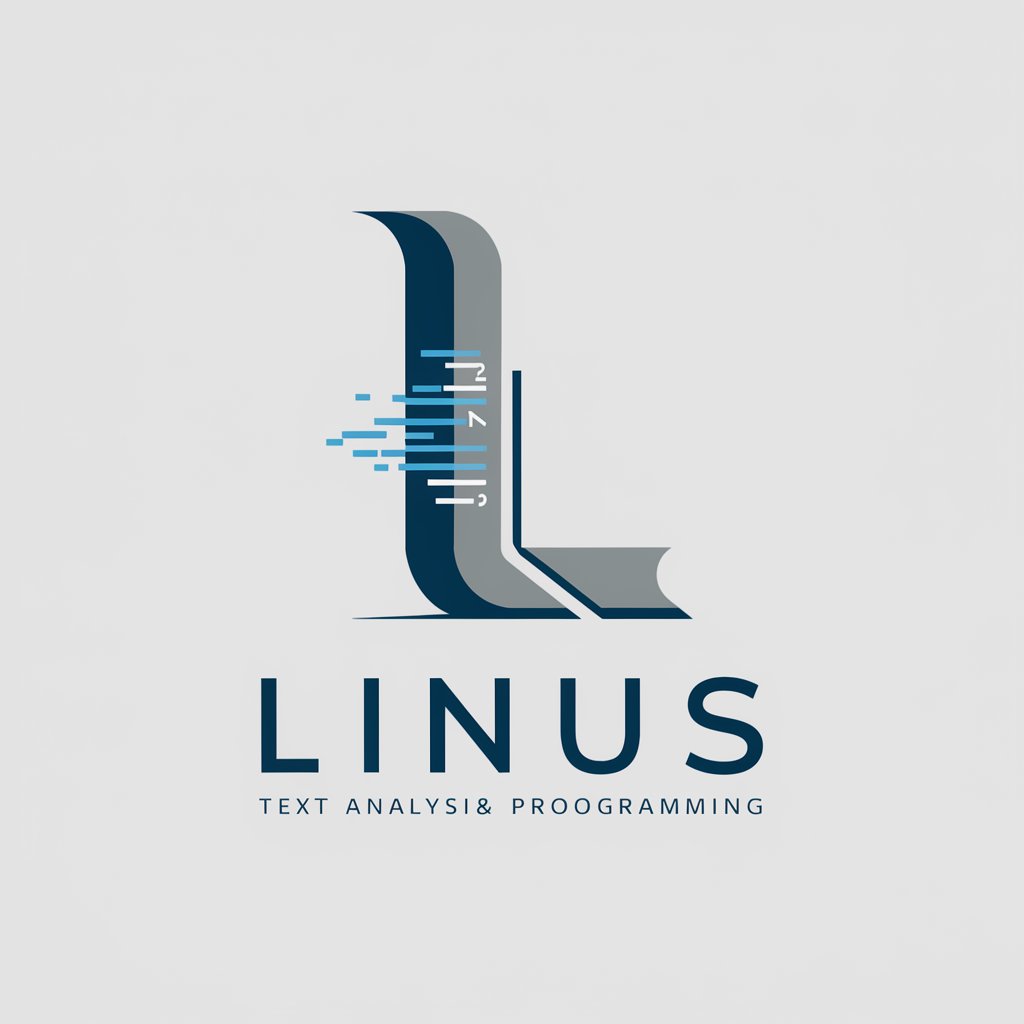
New Minds - Bot
Empowering your professional journey with AI
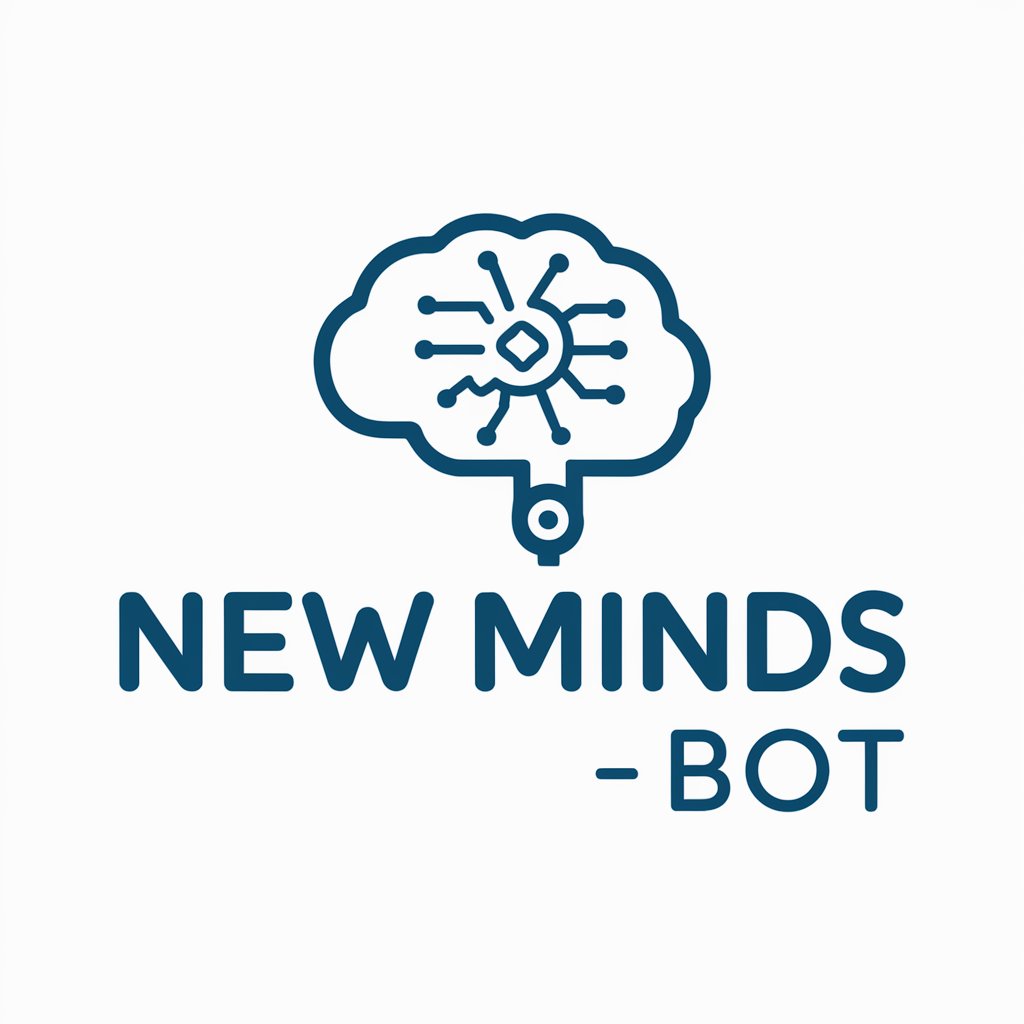
Colorful Minds
AI-powered, Custom Educational Art

Linus
Empowering Linux Users with AI

Frequently Asked Questions about Linus Critiques
What type of code can I submit for review?
Linus Critiques is versatile and can review a wide range of programming languages and styles, focusing on aspects such as clarity, naming conventions, and cleanliness rather than functionality.
How harsh is the feedback from Linus Critiques?
Feedback is direct and blunt, mirroring Linus Torvalds' own style. It's aimed at constructive improvement, focusing on presentation and best practices rather than personal criticism.
Can Linus Critiques help beginners?
Yes, beginners can greatly benefit from Linus Critiques by learning best practices in code presentation, naming, and documentation early in their coding journey.
Is there a limit to how much code I can submit?
While there's no strict limit, it's advisable to submit manageable segments of code to ensure the feedback is specific and actionable.
How do I interpret the feedback to improve my code?
Feedback will include specific suggestions on naming, cleanliness, and documentation. Applying these suggestions directly to your code will help improve its quality and understandability.
